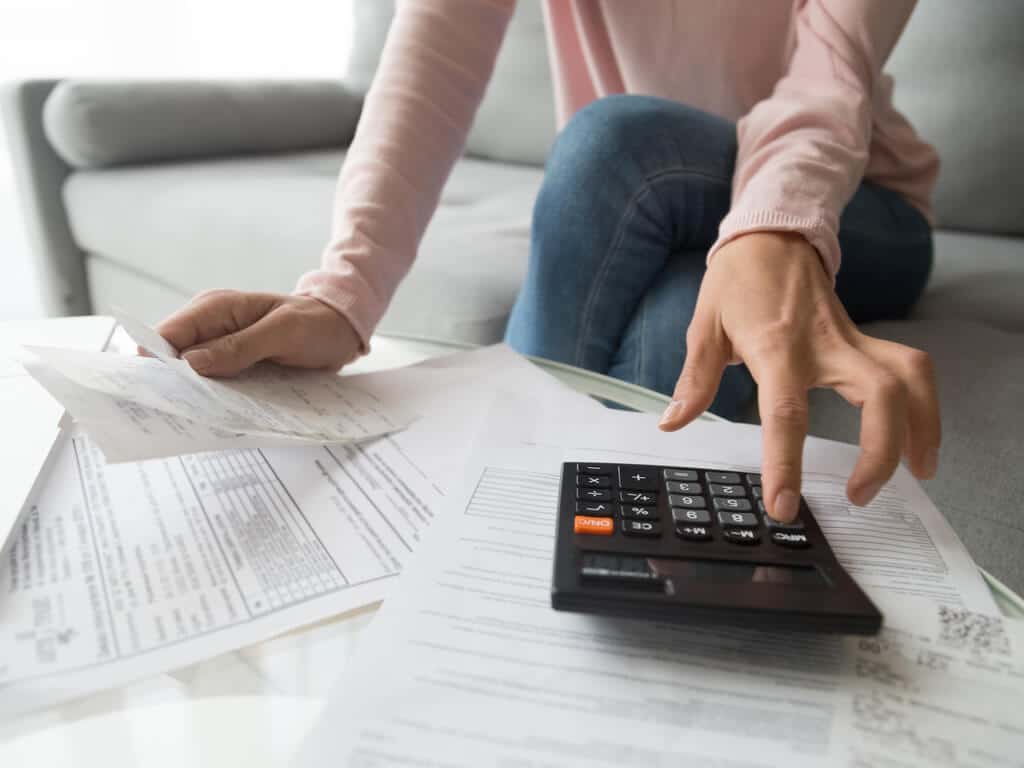Acquiring Loans During Bankruptcy

Given all of the bad information on the internet, many individuals and couples who are considering bankruptcy are likely to have concerns about what financial limitations they will have once they proceed with a Chapter 7 or Chapter 13 filing.
What happens if you need a car loan because your vehicle is no longer drivable, or if your furnace breaks in your home? These are all major purchases that few people could make in cash on the spot. But is it possible to acquire loans during bankruptcy when these emergencies happen?
Acquiring Loans During Chapter 7 or Chapter 13 Bankruptcy
We all know that bankruptcy can impact your credit score for years. But that doesn’t mean you can’t get loans and begin the process of rebuilding your credit. You will likely just need court approval.
For example, in order to secure a personal loan during a Chapter 13 filing, you must ask the trustee on your case and the court for permission by supplying:
- Financing statement of the loan’s terms (ie. length of the loan, interest rate, monthly payments, etc.)
- Complete paperwork with your trustee highlighting the implications of taking on new debt
- File the motion for court approval
- If approved, send a copy of the court order to your new lender.
While this can be a lengthy process, there are some ways you can help yourself as you acquire loans. Most of which occurs in the rebuilding of your credit.
Rebuilding Credit Score Helps Those Acquiring Loans During Bankruptcy
Part of your financial freedom journey will be the task of rebuilding your credit by obtaining new credit, including loans. However, in order to do so, you will need to show potential lenders that you are capable of making payments. There are a variety of things you can and should be doing to rebuild your credit including:
- Monitor your credit score and report inaccuracies.
- If you do not already have a credit card you are on good terms with, apply for secured credit cards.
- Make your monthly payments on time.
- Establish a payment history with your creditors.
Remember, rebuilding your credit will take time, but you will still likely be able to secure a loan should an emergency strike.
Loans During Bankruptcy
So long as you are doing your due diligence in making payments, should you need a loan, you will likely be able to get one–but be warned that interest rates may be high, and your options may be limited.
When looking for a loan, start with your credit union or bank as they may offer loans for people who have low credit scores. These are designed to help you rebuild your credit. In addition, you may try small car loans as they are secured–meaning if you fail to make payments, the lender repossesses the vehicle for collateral.
Your financial institution may also offer passbooks or CD loans, too. But this varies by the organization so be sure to ask questions on what may be available to you.
Be mindful of high-interest rates as failing to pay back the loans will become much more difficult and costly in the future.
Finding a loan when you are in the midst of bankruptcy can be complicated. But asking the right institutions and doing your research can go a long way to getting you on the road to financial recovery.
Acquiring Loans After Bankruptcy
If you have questions on how you can begin to rebuild your credit score after filing for Chapter 7 or Chapter 13 bankruptcy, or how acquiring loans will impact your bankruptcy, Franklin County bankruptcy attorney Michael Ryan Jones is here for you. Contact The Jones Law Firm today to discuss your Ohio bankruptcy options. Your financial future begins today.

